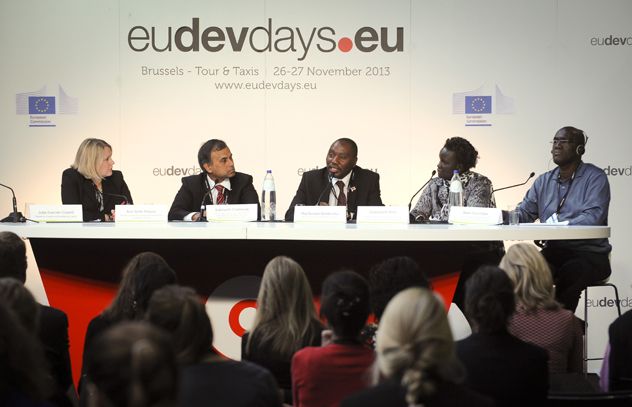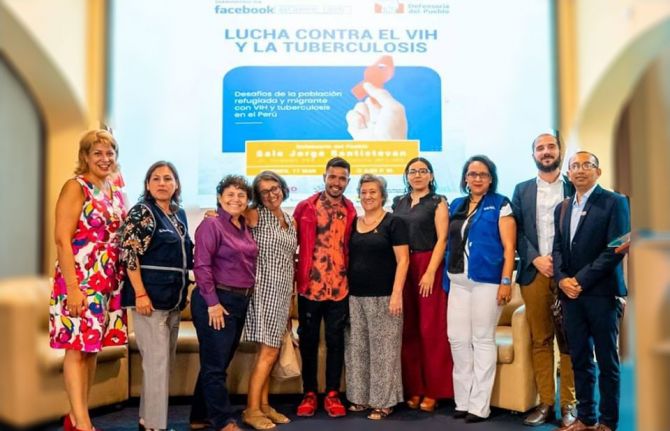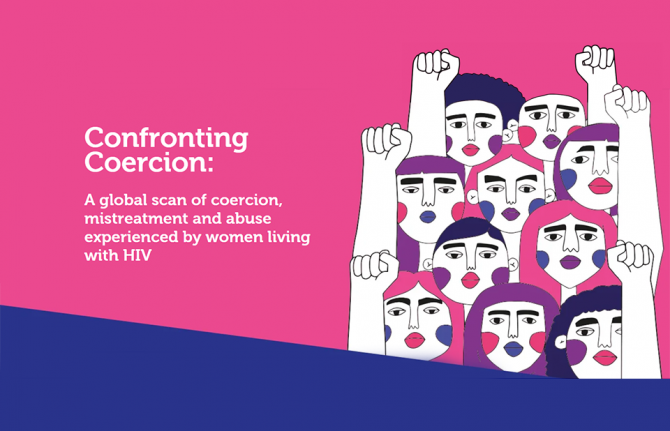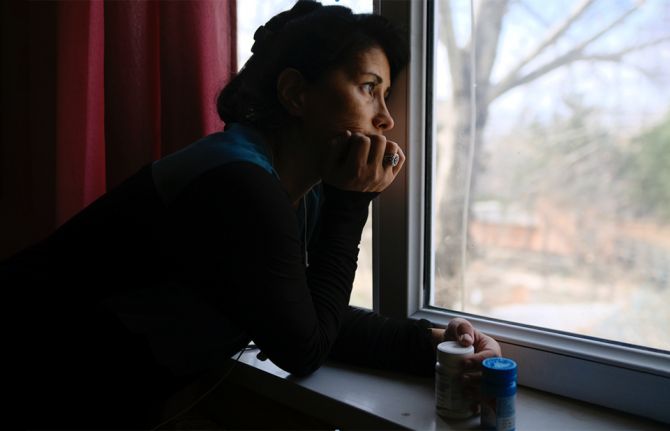

Consultation on the future of HIV, health and development held in Brussels.
Feature Story
Leveraging the transformative potential of the AIDS response as a force for social justice, equity and global health post-2015
04 December 2013
04 December 2013 04 December 2013A consultation on the future of HIV, health and development took place during the European Development Days held from 27-28 November in Brussels. The consultation was part of the regional dialogues series organized by The UNAIDS and Lancet Commission: Defeating AIDS – Advancing global health.
The main message emerging from the meeting was the need to leverage the experience of the AIDS response as a transformative force for social justice, equity and global health post-2015. Participants stressed the importance of putting marginalized and vulnerable communities at the centre of the HIV responses and integrate HIV, health and human rights in development responses after 2015.
Participants
Moderated by Member of the European Parliament Michael Cashman, the panel comprised Jacquelyne Alesi, Programmes Director, Network of Young People Living with HIV/AIDS in Uganda; Ann-Sofie Nilsson, Director-General for International Development Cooperation, Sweden; Siddharth Chatterjee, Chief Diplomat at the International Federation of the Red Cross and Red Crescent Societies; MacDonald Sembereka, Special Adviser to the President of Malawi and Baba Gumbala, International HIV/AIDS Alliance. The session was attended by members of parliament from Africa, European development actors, civil society, academics, government representatives and others.
Outcomes
The main issues discussed will be conveyed to the Chairs of the Commission’s three Working Groups, whose final papers will form the recommendation of the UNAIDS-Lancet Commission, to be published in The Lancet in 2014.
Quotes
"Youth represent the inter-generational nature of families – they connect to older generations and are a pathway to the future. Investing in young people is the sensible thing to do to ensure sustainable health outcomes."
"To reach zero, we need to change our attitude towards AIDS and people living with HIV. We must fight stigma and discrimination, ensure comprehensive sexuality education and guarantee the meaningful participation and involvement of young people and people living with HIV in all aspects of decision making."
"We need a more simple architecture which is focusing on health instead of diseases, but we also need to keep what works. The AIDS response has contributed significantly to the current architecture by including the human rights perspective on health, the strong engagement of civil society, the demand for accountability, and the multi-sectorial response."
"We, as donors and governments, multi-laterals, parliamentarians and civil society, need to make the case for AIDS, health and human rights to be prominently positioned in the post-2015 agenda. It is essential that we want to preserve and leverage the transformative force of the AIDS response and advance social justice and global health in the post-2015 agenda. It is a matter of life and death – and rights!"
"Ending AIDS can only be realized if governments take action to address the barriers of stigma and discrimination that prevent people from accessing the treatment and care they need."



